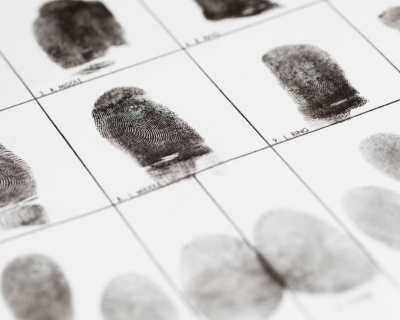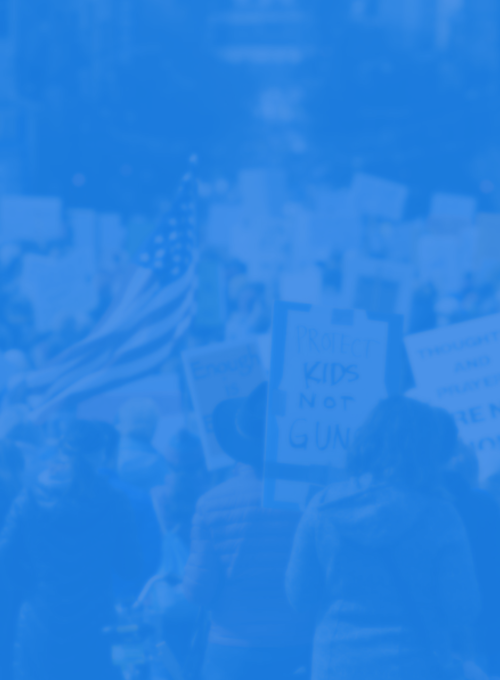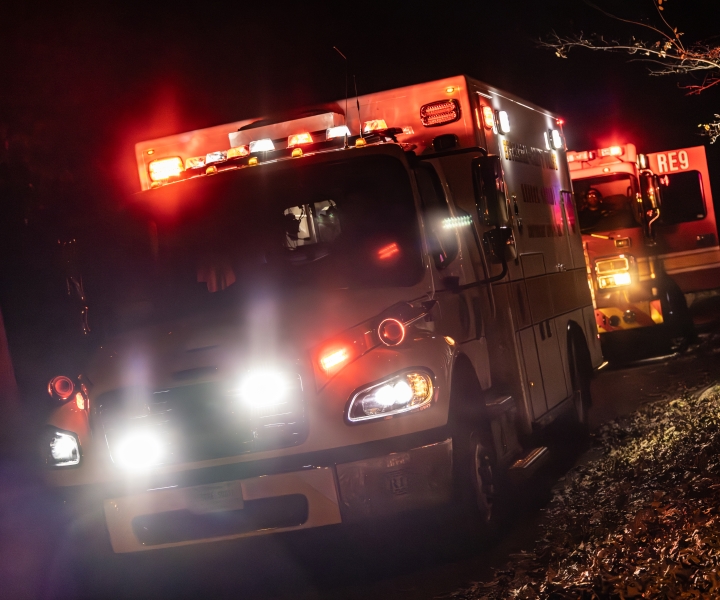
Safe Storage Model Policy Guide
The Center's Experts Release A New Model Policy Guide for Safe Storage Laws
We don’t have to live with gun violence as a normal part of American life
Our team at the Johns Hopkins Center for Gun Violence Solutions includes highly experienced researchers and public health-trained advocates to address gun violence as an epidemic-level public health emergency. Because gun violence disproportionately impacts vulnerable populations, we center our work on addressing these disparities and seek insights from those most affected to develop meaningful solutions.
This approach combines evidence-based solutions and effective advocacy to save lives.
New at the Center

The Supreme Court Upholds Regulations on Ghost Guns
The Supreme Court defended public safety by upholding federal regulations on ghost guns.
Gun Violence Prevention Experts Release Model Policy Guide for Safe Storage Laws
A team of experts from the Johns Hopkins Center for Gun Violence Solutions at the Bloomberg School of Public Health have crafted a new tool for lawmakers to write effective safe storage laws.

Sufficiently Analogous: Should Age Matter When Purchasing Guns?
The latest episode of Sufficiently Analogous tackles a crucial question in gun policy: Should age restrictions limit firearm access, or does the Second Amendment apply equally to all?

Q&A: Public Carry of Firearms, Permitless Carry and Stand Your Ground Laws
Cass Crifasi and Alex McCourt answer frequently asked questions about regulating the public carry of firearms and the risks associated with permitless carry and Stand Your Ground laws.

Report Recommends States Adopt Firearm Purchaser Licensing Laws That Include Five Core Components
Report also highlights evidence showing gun purchaser licensing laws effective at reducing firearm deaths.

More Than 300 Juveniles Were Shot by Police Between 2015 and 2020, One-Third of Them Fatally
Study thought to be the first national accounting of both juvenile injuries and deaths from shootings by police in U.S.

Support Our Work
Life-saving solutions exist. We can make gun violence rare and abnormal. Join us.
Gun Violence in the U.S.: Examining the Burden Among Children & Teens
For the third straight year, firearms killed more children and teens, ages 1 to 17, than any other cause including car crashes and cancer. Our analysis of the most current data available found 48,204 people, the second highest on record, died from gunshots in the U.S. in 2022, including 27,032 suicides, an all-time high for the country.
The Geography of Gun Violence
Gun death rates vary widely across the United States due to differences in socio-economic factors, demographics, and, importantly, gun policies. In general, the states with the highest gun death rates tend to be states in the South or Mountain West, with weaker gun laws and higher levels of gun ownership, while gun death rates are lower in the Northeast, where gun violence prevention laws are stronger.
“Other” gun death rates include legal intervention, unintentional, and undetermined. Source: Centers for Disease Control and Prevention. National Center for Health Statistics. Underlying Cause of Death. Age-adjusted Gun Rates per 100,000. WONDER Online Database, 2018-2022
Quick Facts From 2023 CDC Provisional Data
46,728
In 2023, 46,728 people died by guns, marking the third-highest number of gun-related deaths ever recorded in the United States.
27,300
27,300 people died by gun suicide in 2023, which reached the highest on record. Since 2019, there has been a 12% increase in the gun suicide death rate.
13x
Black people continue to face gun homicide rates that are 13 times higher than those of their white counterparts.
2,566
Gun deaths remain the leading cause of death among children and teens ages 1-17, with 2,566 young lives lost in 2023.
Firearm Purchaser Licensing
The Center's Co-director, Cass Crifasi, PhD '14, MPH, details five core policy recommendations to maximize public health benefits using Firearm Purchaser Licensing. Learn more about each component of Firearm Purchaser Licensing laws in our new report.
Center for Gun Violence Solutions
We address gun violence as a public health emergency and utilize objective, non-partisan research to develop solutions which inform, fuel and propel advocacy to measurably lower gun violence. The Center applies our unique blend of research and advocacy to advance five priority evidence-based gun violence prevention policies. Our research shows that, when enacted in combination, these policies have the potential to save thousands of lives.


The Public Health Approach to Prevent Gun Violence
A public health approach to prevent gun violence addresses both firearm access and the factors that contribute to and protect from gun violence. This multidisciplinary approach brings together a range of experts across sectors—including researchers, advocates, legislators, impacted communities, community-based organizations, and others—in a common effort to develop and implement equitable, evidence-based solutions.
A Successful Example of the Public Health Approach
The public health approach to tackling public health crises in America has been used over the last century to eradicate diseases like polio, reduce smoking deaths, and make cars safer. This public health approach has saved millions of lives. We can learn from the public health successes — like car safety — and apply these lessons to preventing gun violence.
Sources: National Traffic Highway Safety Administration (NTHSA). Motor Vehicle Traffic Fatalities and Fatality Rates, 1899-2017; Centers for Disease Control and Prevention, National Center for Health Statistics. National Vital Statistics System, Mortality 1968-2017 on CDC WONDER Online Database.
One of the greatest American public health successes is our nation's work to make cars safer. To reduce gun violence, we should apply this same time-tested public health approach.
Listen to The Center's Podcast
In "Sufficiently Analogous," the Center's law and policy director, Kelly Roskam, JD, alongside law and policy advisors Tim Carey, JD and Kari Still, JD examine Second Amendment court challenges to gun safety laws and will explore the potential implications of these challenges on public health policies aimed at reducing gun violence. With a focus on providing insightful analysis, the podcast aims to shed light on the intricate legal issues surrounding gun rights and regulations.

Firearm Violence
For each firearm death, many more people are shot and survive their injuries, are shot at but not physically injured, or witness firearm violence. Many experience firearm violence in other ways, by living in impacted communities with high levels of violence, losing loved ones to firearm violence, or being threatened with a firearm. Others are fearful to walk in their neighborhoods, attend events, or send their child to school. In short, firearm violence is public health epidemic that has lasting impacts on the health and well-being of everyone on this country.
The Center Resources
Subscribe to the Center Newsletter
Stay up-to-date on the latest in gun violence and gun violence prevention updates from the Center for Gun Violence Solutions.

